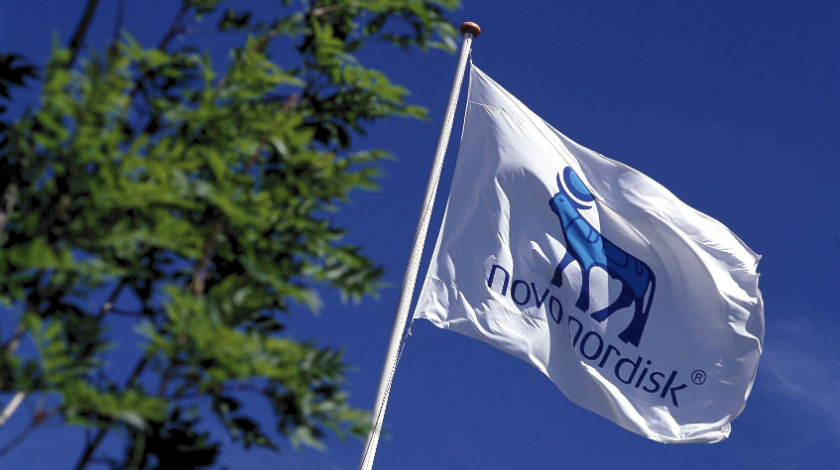Novo prevents Teva's Victoza rival launch until 2023

Novo Nordisk has settled a US patent case with Teva, which prevents the Israel-based generics firm marketing a cheaper version of its key type 2 diabetes drug Victoza until 2023.
The Danish pharma said it had reached an agreement following a US patent litigation case for its daily injection Victoza (liraglutide), where Teva is licensed to launch a generic version as of 22 December 2023.
Novo said Teva could launch its generic earlier, but not before March of 2023, unless the Victoza patents are no longer in force or there is another generic on the market.
Novo could also get a further stay of execution on Victoza if it is granted an extra six months of patent life for conducting trials of the drug in children.
The FDA can grant an extra six months of patent life for drugs if the manufacturer conducts extra trials in children.
All other terms of the agreement between the two companies are confidential.

The agreement is also subject to review by the US Federal Trade Commission and the US Department of Justice.
Jesper Brandgaard, executive vice president and head of Biopharm and Legal Affairs of Novo Nordisk, said: “This settlement reflects the comprehensive US patent portfolio for liraglutide. Novo Nordisk will continue to defend our broad intellectual property portfolio for innovative drugs against challenges.”
A daily GLP-1 inhibitor class injection, Victoza remains an important drug for Novo Nordisk and sales continue to grow despite increased competition.
Eli Lilly’s Trulicity (dulaglutide) has begun to claim market share in the GLP-1 class thanks to its more patient-friendly weekly dosing schedule.
Novo Nordisk has also launched its own weekly GLP-1 injection, Ozempic (semaglutide), which is also likely to steal sales, and AstraZeneca’s older weekly GLP-1 Bydureon (exenatide) is still a contender.
Despite all this, sales of Victoza were up by 9% in local currencies in the full year 2018 to 24,333 billion Danish kroner ($3.7 billion).













